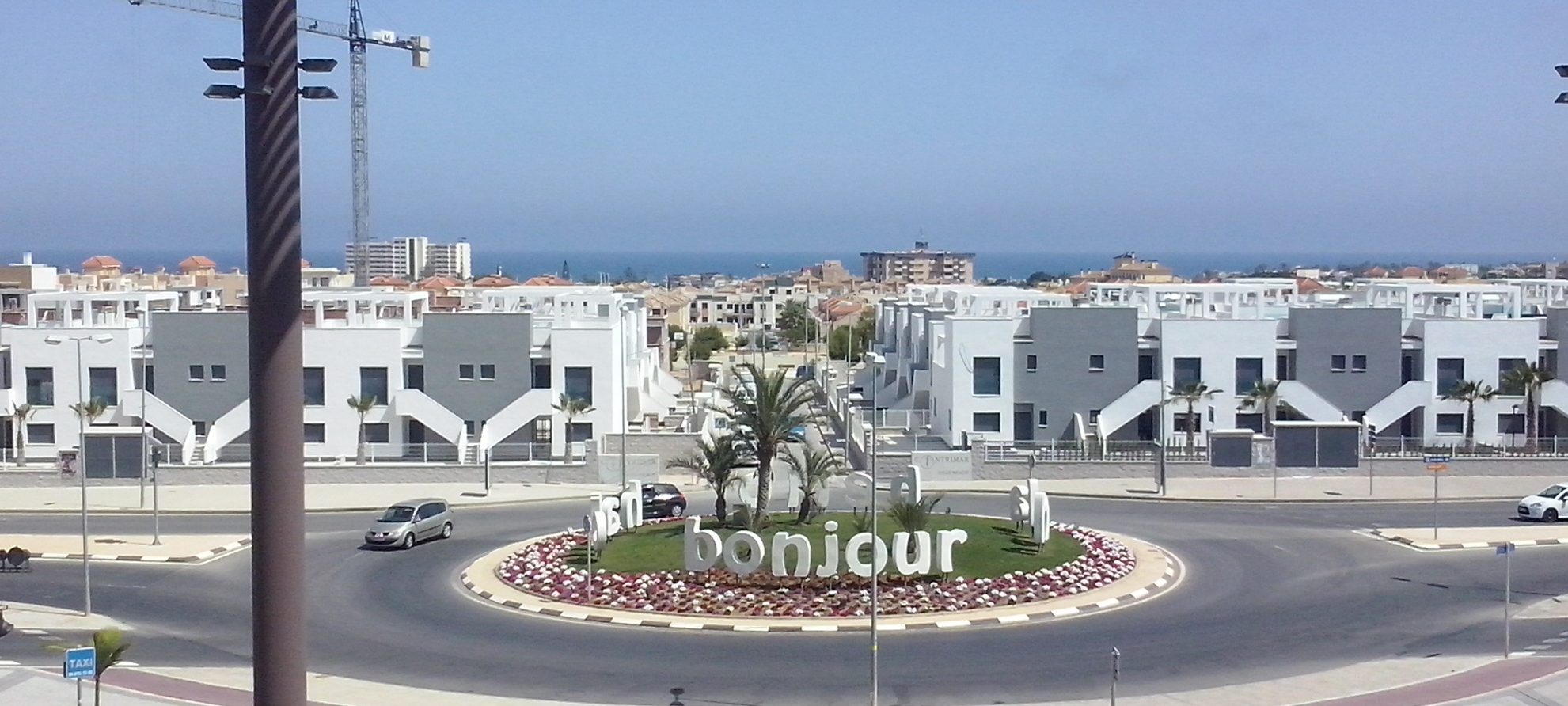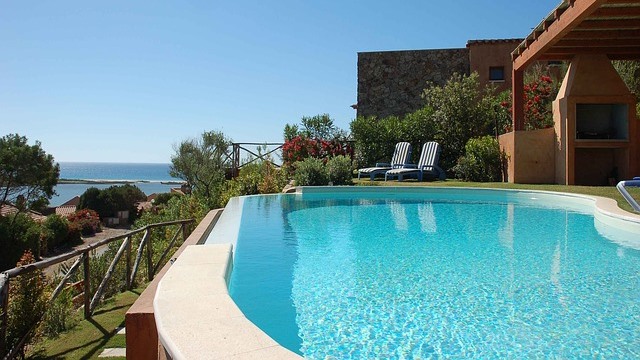New laws are being created to ensure that owners of holiday accommodation have civil liability insurance and guest registration in attempts to regulate Spain’s incredibly competitive short term rental market. This comes on the back of the 5th consecutive year of record-breaking tourism numbers in the country that is the most popular tourist destination in Europe.
The legal offensive against the growing supply of irregular tourist lets is designed to raise the quality of tourist rentals and stamp-out below standard accommodation. The new decree will regulate the characteristics, technical requirements, operating system, prices and booking procedures used in tourist accommodation by introducing mandatory registration with the Ministry of Tourism.
Airbnb Removes 1,000 Unregistered Tourist Properties in Barcelona
In response to the crackdown on illegal holiday properties, the well-known portal Airbnb has identified and removed more than 1,000 tourist rentals from its website. The firm is keen to put its name behind only legal holiday homes and welcomes Spain’s new action to wipeout poor service, unsatisfactory quality and unfair competition from the holiday rentals sector. Ultimately, the new decree ensures Spain’s reputation as one of the best tourist locations in the world is maintained and not dragged down by illegal properties.
At present, there are around 2,500 privately owned tourist houses in the Region of Murcia, representing a total of 10,000-beds. The Ministry of Tourism anticipates that the new decree, together with the media campaign accompanying it and the pressure generated by inspection activity, will double the number of registered tourist housing in the next two years.
Fines Of Up To €10,000 to Be Applied For Serious Infringements
The zones in Murcia that will see a greater impact of the new legislation include Costa Cálida and the Mar Menor due to their heightened popularity during the summer season. According to the Minister of Tourism, Javier Celdrán, there are to be established sanctions from €1,001 to €10,000 euros for those owners of tourist housing that does not comply with the regulations.
Celdrán says that “the provision of holiday homes has not grown much in the Region, but it is more visible by the marketing of such properties through the internet,” in response to the rising number of websites like Airbnb offering the option to book holiday accommodation direct with the owner.
For this reason, internet marketing platforms are also included in the draft decree, although they are not specifically mentioned, in order to define responsibilities in case of non-compliance with tourist property standards, as often these firms manage the properties rather than the owners themselves.
It is expected that the decree will be approved and implemented before the next summer season commences. After its publication, those responsible for tourist accommodation will have six months to meet all the requirements established.
Among the general obligations is to have compulsory insurance for civil liability, with a minimum amount of coverage of €500,000 euros per claim, including personal injury, material and economic damages caused.
Holiday homes must have a responsible administrator with a contact number for guest-assistance and maintenance services. This number will have to be made visible in the property in both Spanish and English to allow guests the opportunity to complain should there be any issues.
Decree to Establish a Standard Dimension of Beds
The decree is very precise in the technical specs of houses on offer to tourists, both in accessibility, equipment and supplies and even distribution; homes should have at least a living room, kitchen, bedroom and bathroom. The dimensions of single bedrooms are to be a minimum of six square meters, with beds of between 0.80 and 1.35 meters wide, depending on whether they are single or double.
Homes must also have control of entry and exit of guests, similar to that available to hotel establishments and they will have to register with their name and ID and DNI at the time of occupying the accommodation. Properties will also be required to display claim forms for guests seeking compensation for any issues arising during their stay.
Fuster & Associates specialize in obtaining rental licenses on behalf of our clients. If you want to find out more about, contact us for more information





